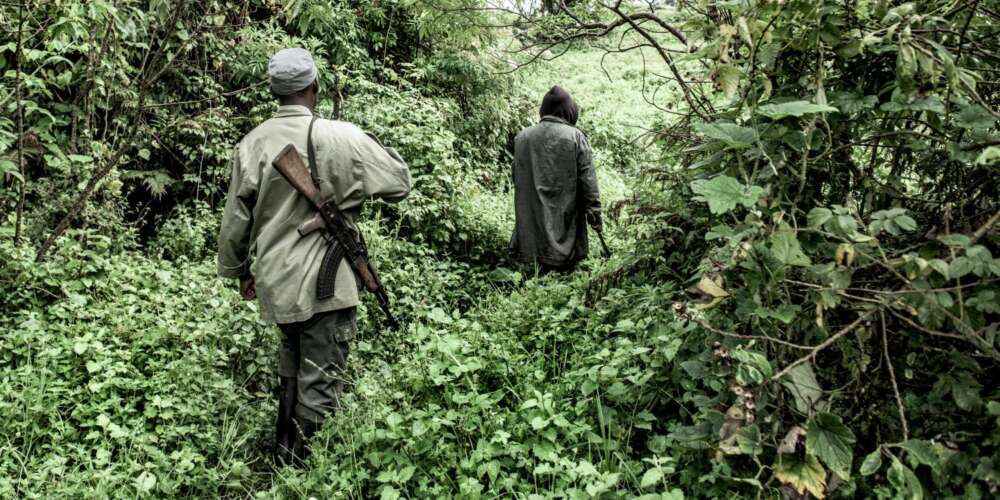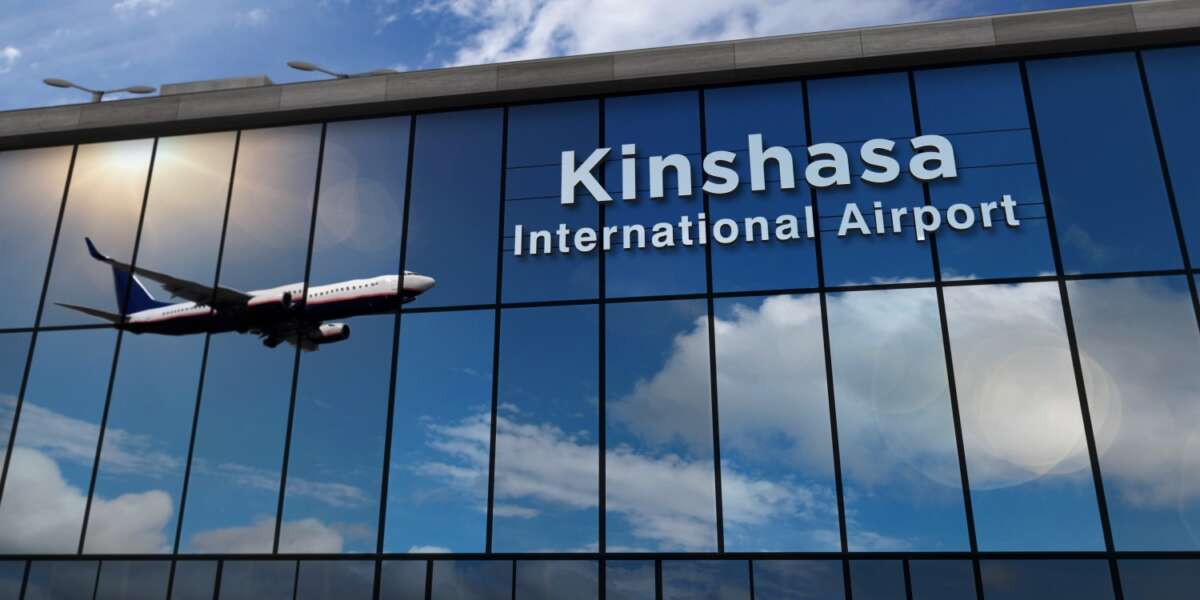
North Kivu, nestled in the eastern part of the Democratic Republic of the Congo, is a region of breathtaking natural beauty and rich cultural heritage. From the majestic Virunga National Park, home to endangered mountain gorillas, to the awe-inspiring Mount Nyiragongo with its bubbling lava lake, North Kivu offers an unparalleled adventure for nature enthusiasts and thrill-seekers alike. Despite its tumultuous history and ongoing challenges, this region remains a testament to resilience and the indomitable spirit of its people. Join us as we uncover the wonders of North Kivu, a hidden gem waiting to be explored.
North Kivu is a province in the eastern Democratic Republic of the Congo, bordering Lake Kivu. It spans approximately 59,483 square kilometers and has a diverse topography, including plains, plateaus, and mountainous regions like the Rwenzori Mountains and Virunga Mountains.
The capital city is Goma. As of 2020, the province has an estimated population of 8,147,400.
North Kivu’s administrative history dates back to the colonial era. It became a province in 1962, was demoted to a district in 1965, and reinstated as a province in 1988.
The province includes three cities (Goma, Butembo, and Beni) and six territories (Beni, Lubero, Masisi, Rutshuru, Nyiragongo, and Walikale).
North Kivu is ethnically diverse, predominantly inhabited by Bantu-speaking people, including the Nande, Mbuba, Hunde, Lese, Talinga, Hutu, Tutsi, and Batwa (pygmies).
The province faces ongoing security challenges due to armed groups, resource-related conflicts, and ethnic tensions. The Rwandan-backed M23 rebel group has been a significant source of instability, displacing approximately 1.7 million people as of early 2024.
North Kivu has experienced multiple Ebola outbreaks, including the second-largest outbreak in history from 2018 to 2020.
The province is home to Virunga National Park, a UNESCO World Heritage Site, and features major lakes like Lake Edward and Lake Kivu. The region’s volcanic soils and diverse vegetation support agriculture and forestry.
The climate varies with altitude, featuring two wet seasons and two short dry seasons. The average annual temperature is 18°C, with rainfall ranging from 1,000 to 2,000 millimeters annually.
You can find more detailed information on [Wikipedia](https://en.wikipedia.org/wiki/North_Kivu).
North Kivu, part of the larger Kivu region, was significant during Belgian colonial rule. It was the site of several religious revolts, such as the 1944 Kivu uprising. The region’s rich natural resources and strategic location made it an area of interest for the Belgian colonial administration.
North Kivu is a treasure trove for nature and adventure enthusiasts. Key attractions include:
A UNESCO World Heritage Site, home to endangered mountain gorillas and a diverse range of wildlife.
An active stratovolcano featuring the world’s largest lava lake, offering thrilling trekking experiences – Tripadvisor](https://www.tripadvisor.co.uk/Attractions-g3644864-Activities-North_Kivu_Province.html).
A stunning lake providing opportunities for boating, fishing, and relaxing by the shore.
The capital city, known for its proximity to natural wonders and its vibrant cultural scene, including the annual Amani Festival.
Traveling to North Kivu requires careful planning and awareness of the region’s security situation:
Stay Informed: Keep updated on the latest travel advisories and security developments.
Permits and Permissions: Obtain necessary permits for visiting national parks and other restricted areas.
Local Guidance: Hire local guides and follow their advice to navigate safely through the region.
Health Precautions: Ensure vaccinations are up-to-date and take preventive measures against diseases like malaria and Ebola.
Emergency Plans: Have a contingency plan in place for emergencies and stay connected with your embassy or consulate.
North Kivu offers incredible experiences, but it’s essential to prioritize safety and be well-prepared for your visit.
2-Day Kivu Lake Relaxing Tour with Boat Cruise: This tour includes a visit to the Ndaba waterfall, kayaking, and a boat cruise on Lake Kivu.
1-Day Lake Kivu Relaxation Tour: This tour offers a boat ride on Lake Kivu, a visit to a tea plantation, and a hot spring massage.
Attractions and activities in North Kivu, DRC: Find your trip between 118 activities. As e.g. Mount Nyiragongo, Ubuntu travel, Kahuzi-Biega National Park …
– **Karibu Congo Safaris**: This company offers various tours in North Kivu, including visits to Virunga National Park and Mount Nyiragongo.
– **Tripadvisor Listings**: There are multiple tours listed on Tripadvisor for North Kivu, including multi-day tours, hiking tours, and private sightseeing tours.
These tours provide a range of activities and experiences, from relaxing boat cruises to adventurous hikes. If you’re planning a trip, make sure to check the latest travel advisories and book through reputable tour operators.
This can be quite an adventure! Here are the main routes:

Kinshasa airport
By Plane: The fastest way is to fly from Kinshasa to Goma, the capital of North Kivu. All flights are direct. There are 8 flights in a week.
By Car: If you prefer a road trip, you can drive from Kinshasa to Goma. The distance is approximately 2,531 kilometers, and it takes about 2 days and 2 hours. Carrent from kinshasa to Goma (North kivu)
By Plane: You can fly directly from Lubumbashi to Goma. The flight takes about 3 hours and 39 minutes.
By Car: Driving from Lubumbashi to Goma is another option. The distance is around 1,900 kilometers, and it takes approximately 35 hours.
You can travel from Uganda to North Kivu via the Goli customs route northwest of Lake Albert.
Or by plane:
Another route is through Rwanda, entering North Kivu via Bukavu customs on the southern shore of Lake Kivu.
Or by plane:
These routes offer a mix of air and road travel, each with its own unique experiences. Safe travels!
Leave a Reply